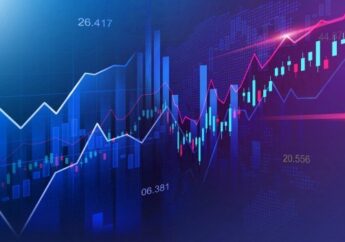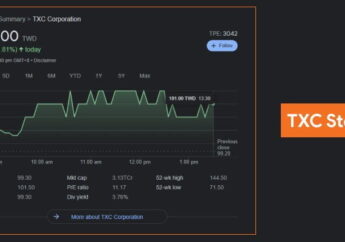Trading commodity spreads: what to know to mitigate risk
by Arina Smith Investing Published on: 01 May 2018 Last Updated on: 08 February 2022

Trading commodity spreads is something of an esoteric business. It sounds complex when you try to explain it, but at its simplest level, it involves the purchase of one commodity and the sale of the identical or similar commodity at the same time.
It’s popular for numerous products, including oil, gasoline, coffee, orange juice (you might remember a market scam involving orange juice futures from the classic film “Trading Places”), and agricultural products, including corn, wheat, and canola.
A common trade is to buy one grain and sell another. For example, a trader might purchase December corn and sell December wheat, assuming that the corn market is stronger than the wheat market. As long as corn prices rise more than wheat or don’t fall as much, the trader will profit.
Bull and Bear Spreads:
One of the first things you need to know about succeeding in commodity trading is working with the best brokers. If you wish to excel in this sphere, you need someone like die besten Broker für Daytrading. This will ensure that you are up to date with all the trends, projections, and forecasts that are happening in the commodity markets. In many ways, extra information, or the lack of it is what makes the difference between success and failure in commodity trading.
Spreads can also be traded using the same commodity. For instance, a trader could purchase June corn and sell December corn at the same time. This is called a bull spread and works on the assumption that the front-month contract usually moves more than its deferred month equivalent. So, if you expect corn prices to rise during the year, this is how you would structure your trade.
On the other hand, a bearish opinion is a belief that the price of a particular product will move lower. Selling a soon-to-come futures contract and buying the deferred contract simultaneously is an example of a bear spread. When deferred prices are lower than nearby prices, that creates a condition called Contango, which implies a market in equilibrium or oversupplied.
Do Your Homework:
All types of trades depend on research. With the advent of the internet, all you need is usually just a few mouse clicks away. Make sure you choose a reputable online broker. Check that the company’s software offers you the chance to practice trading, without using real money. This is an efficient way to test your theories of technical analysis and how they relate to commodity spread trading.
The internet is also a helpful way to find out information about the particular product you are trading, as most have trade associations or similar groups that release useful reports on many different commodities.
For instance, the U.S. Energy Industry Association releases weekly reports on the petroleum industry, including the latest data on oil, natural gas and gasoline. Similarly, the United States Department of Agriculture releases an agricultural export report every Thursday, which includes the demand for corn exports. The department’s Agricultural Research Service is a virtual treasure trove of information related to the world of agriculture.
How to Trade Commodity Spreads:
In order to achieve consistent success with respect to commodity trading, Matt Choi, a trader who runs trading education company, Certus Trading, believes you must use the “scaling up” process.
“Once you are able to consistently make money trading a hundred bucks, now you are ready to trade two hundred bucks,” Certus Trading’s Matt Choi explained in a recent interview with Young Upstarts. “And once you are able to succeed with trading two hundred bucks, then you can trade four hundred, eight hundred, sixteen hundred, thirty-two hundred bucks, and so on. To summarize all this, having the proper education and experience helps keep our money safe while having the ability to scale up gives us the opportunity to be very successful.”
Matt says he tried a number of different approaches and strategies before he found one that was just right for him. He also believes that having a mentor can have a tangible, and positive, impact on your trading career.
“So get out there, attend industry trade shows, networking events, and find someone who you respect and look up to, someone who has achieved what you want to achieve,” he said. “Tell that person your story and your goals and ask for guidance. This will keep you focused, challenged, and get you more prepared to achieve the success that you want.”
Stay cautious when using commodity spreads; learn all you can and approach these volatile markets carefully. Although the potential for making a fortune is enticing (and doable), you can just as easily lose your shirt.
Read Also:







































































































